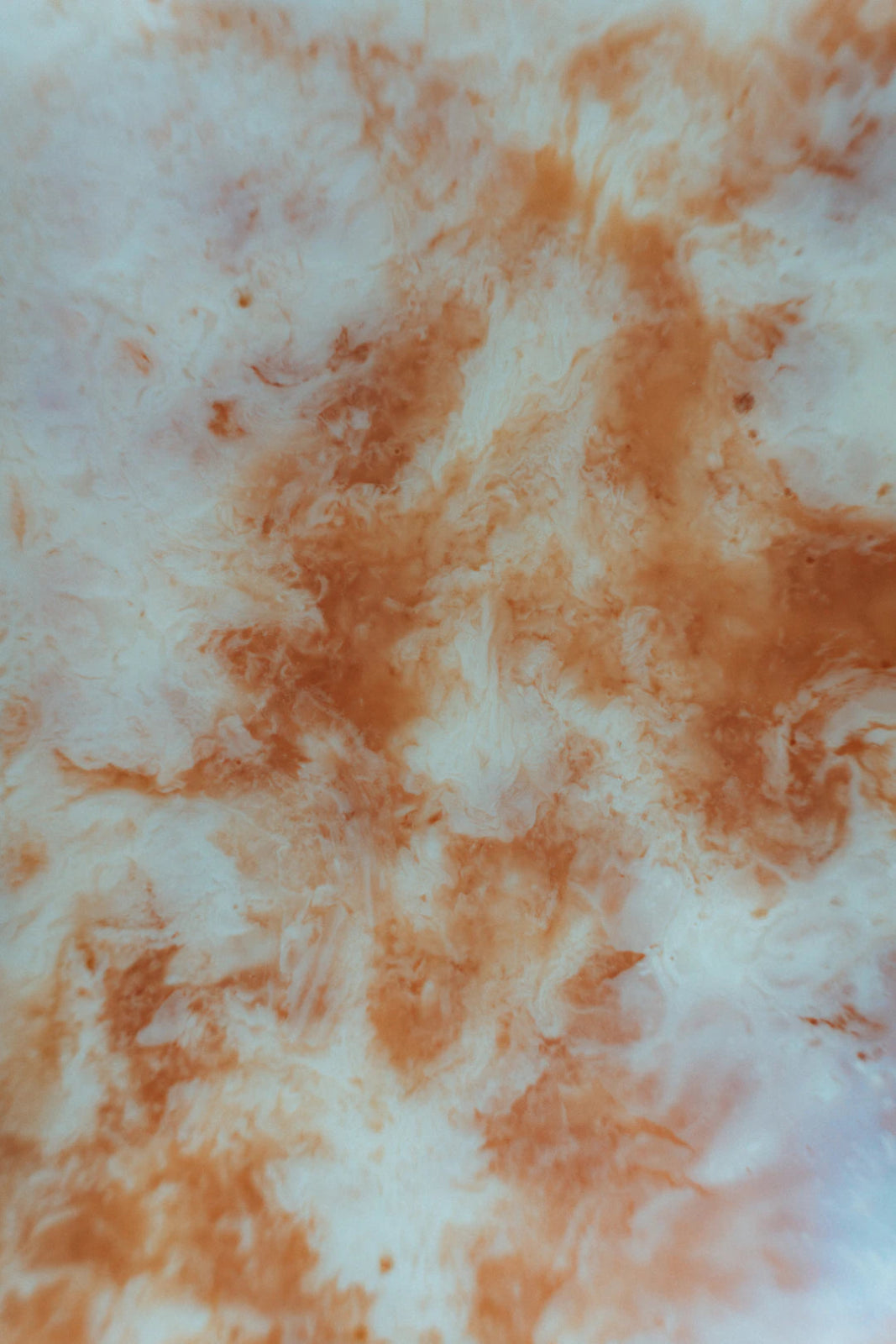Frequently Asked Questions
1. What are the common types of household stains?
2. What is the best method for removing red wine stains?
3. How can I remove grease stains from fabrics?
4. What should I do if I have an ink stain?
5. How can I prevent household stains from setting?
Household stains can be a stubborn nuisance that sneaks up on even the most diligent of cleaners. Whether it's a spilled drink on your favorite sofa or a mysterious mark on your kitchen countertop, the struggle is real. But fear not! In this guide, we’ll walk you through effective methods to tackle common stains, including some clever tips that will also come in handy for keeping your car looking brand new with car cleaning gel. Let's dive in!
Understanding Different Types of Stains
Before we get into specific techniques, it’s important to understand the types of stains you might encounter:
- Liquid Stains: Coffee, wine, and juice spills can seep into various materials.
- Grease and Oil Stains: Found commonly in kitchens, these are some of the toughest stains to remove.
- Ink Stains: A common problem, especially with kids using pens and markers.
- Food Stains: Think tomato sauce or chocolate—delicious but messy!
- Organic Stains: These include sweat or pet urine and often require special treatment.
Quick Stain Removal Tips
Got a stain? Don't panic! Here are some quick tips that can help you address the situation:
Act Quickly
The sooner you handle the stain, the better the chances of completely removing it. Blot the area gently with a clean cloth to soak up as much liquid as possible. Avoid rubbing, as this can spread the stain further.
Use Cold Water
For most stains, cold water is your best friend. It prevents the stain from setting. Rinse the stained area under cold running water or use a cloth soaked in cold water.
A Gentle Soap Solution
Mix a few drops of dish soap with cold water. Dampen a cloth with this solution and dab the stain, working from the outside edges toward the center, to prevent spreading.
Specific Stain Removal Techniques
Now let's address some specific stain types with tried-and-true methods that you can use immediately!
Red Wine Stains
Red wine stains are infamous for their tenacity. To tackle this:
- Sprinkle salt over the stain to absorb the liquid.
- After a few minutes, use white wine or club soda to neutralize the acidity.
- Blot with a clean cloth, and rinse with cold water.
Grease Stains
Whether from cooking oil or salad dressing, grease stains can be a real headache.
- Sprinkle baking soda on the stain. It absorbs the oil.
- Let it sit for 10-15 minutes before brushing it off.
- Then, apply a bit of dish soap mixed with water, and blot until the stain is gone.
Ink Stains
Ink can be tricky but not impossible to get rid of:
- Apply a few drops of rubbing alcohol to a cotton ball.
- Carefully dab the ink stain, working from the outside in.
- After treating, wash the item as per its care instructions.
Food Stains
For pesky food stains like tomato sauce:
- Scrape off any excess food gently with a spoon.
- Run the fabric under cold water to dilute the stain.
- Apply a mix of liquid detergent and vinegar to treat the area, then wash.
Additional Tips for Upholstery and Carpets
Sometimes stains occur on upholstery or carpets. Here’s how to deal with those:
Quick Spot Cleaning
For a quick fix, use a car cleaning gel to lift stains from fabric upholstery. Gently rub the area to release any trapped dirt and stains.
Steam Cleaning
If you have a steam cleaner, it's a powerful tool for tackling stubborn stains in carpets and upholstery:
- Ensure the surface is vacuumed first.
- Follow the manufacturer's instructions for the steam cleaner.
- Spot-test any cleaning solution on a hidden area first!
Enzymatic Cleaners for Pet Stains
If you have pets, you may face stains from urine or vomit. In this case, enzymatic cleaners are ideal as they break down the proteins in these fluids.
- Blot the area with a paper towel first.
- Apply the enzymatic cleaner and let it sit for the recommended time.
- Rinse and blot again with cold water.
Preventive Measures
While life may be unpredictable, there are ways to reduce the chances of stains:
- Use Coasters: Protect your surfaces by utilizing coasters for drinks.
- Quick Cleanup: Immediately clean up spills before they have a chance to set.
- Regular Maintenance: Keep your upholstery clean with regular vacuuming and spot cleaning.
Final Thoughts: Stay Ahead of the Stains!
Tackling household stains can often feel daunting, but with the right techniques, you can become an expert in stain removal. By understanding how to address different types of stains and implementing quick-response strategies, you won’t be left in a panic the next time a spill occurs. Remember to act swiftly, use the proper cleaning techniques, and consider a preventive approach to keep your home looking spotless. Here’s to living stain-free and maintaining that fresh environment in your home!


Share:
Your Ultimate Room-by-Room Cleaning Checklist
The Importance of Deep Cleaning: Benefits and Techniques